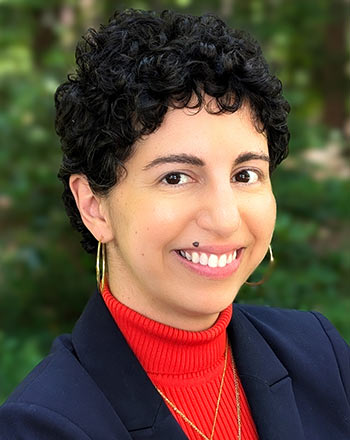
Isabel C. Gómez (NHC Fellow, 2024–25; Associate Professor of Latin American/Iberian Studies, University of Massachusetts Boston)
March 12, 2026
Advisor(s): Cassie Moore and Molly Todd, NHC Teacher Advisory Council
The United States has always been a country of many languages, and our public sphere is enriched by the contributions of immigrants and heritage language learners, particularly when multilingual language use is supported.
Drawing from Latin American translation concepts and migrant interpretation networks that highlight the language politics of the Spanish/English language pair, participants can expect to receive ideas for hands-on creative translation activities adaptable for many levels of fluency. These activities center multilingual knowledge funds and place translation pedagogy as a motor for intersectional social justice. As author Madhu Kaza succinctly argues, “Translation is a form of hospitality.”
Subjects
Linguistics / Education Studies / Translation Studies / Migration / Foreign Language Education /
Rights

This work is licensed under a Creative Commons Attribution 4.0 International License. Images, PDFs, downloads, and other media are provided under the NHC Principles on Copyright, Fair Use, and Open Licensing. Visit the Principles webpage for more information on how you can use this resource.